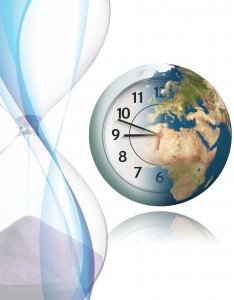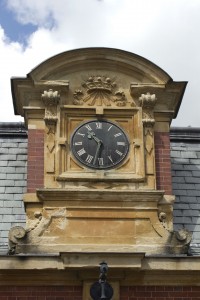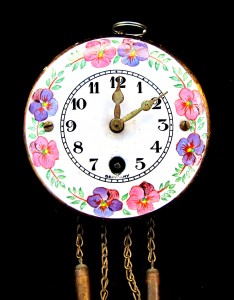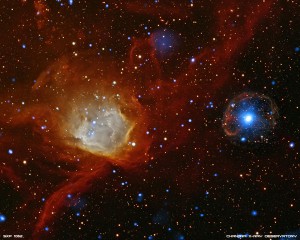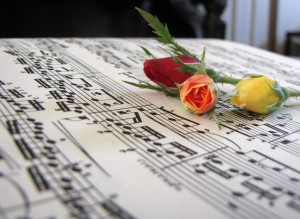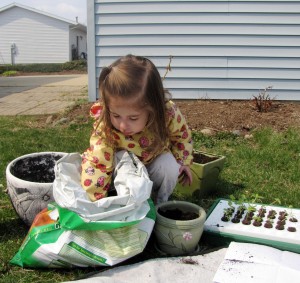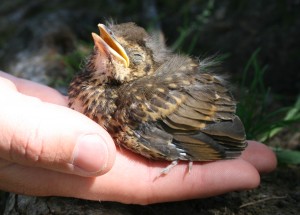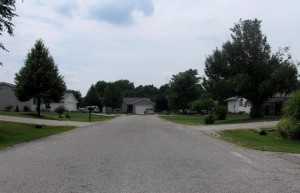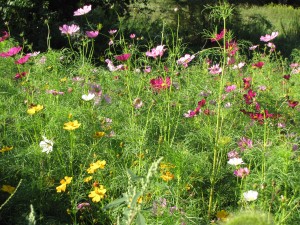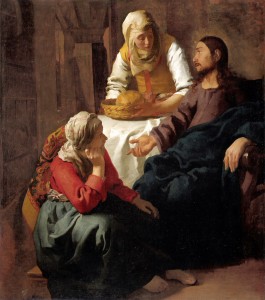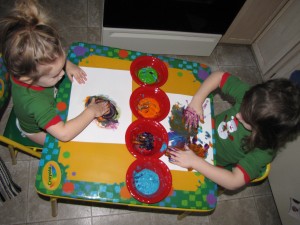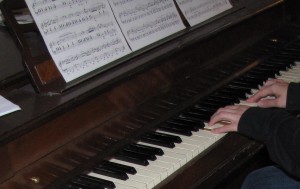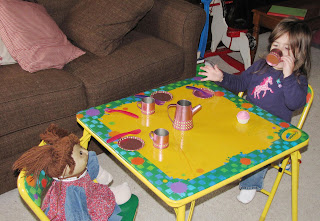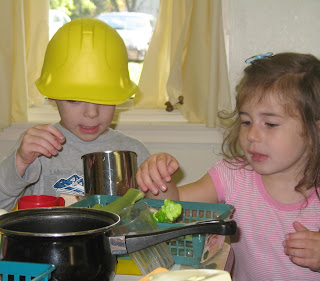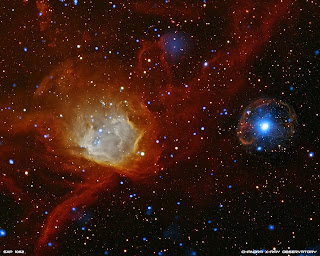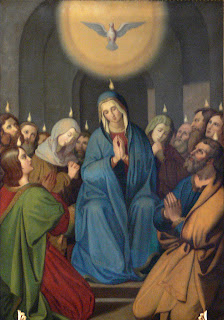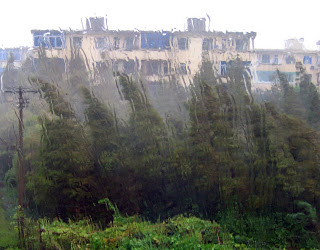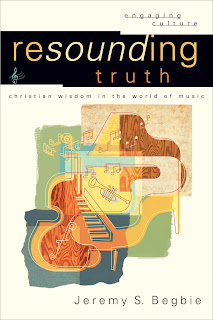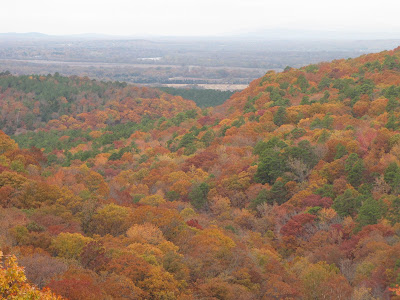To hear my blog post read aloud, just click the play button. If you’re reading this in an email, you may have to click here to hear the post on my site.
I’ve written before in this space about the beauty and goodness of time.
I’ve written about this time we are in now, the thousands of years between creation and restoration, and how the delay of Christ’s coming is a gift to us.
I’ve written of the idea that it is not a failing of the created world that it reaches its fulfillment only through time. This is part of the way God made things. The created world takes time to be what it is. ~ Jeremy Begbie, Resounding Truth
Sometimes, though, it is easier for me to accept this idea in the abstract than it is to accept it in my own little life.
It is easier to be okay with Christ’s delay in returning, because that feels a long way off anyway, than it is to be okay with a delay in God fulfilling a dream that I think is His will for my life.
I feel sure that I am not alone.
We think that if God wants us to do something, to accomplish some purpose, then it should happen now. Or at least within a year or two. If it doesn’t happen quickly, perhaps it really wasn’t God’s will.
I am certainly guilty of this thinking. I dream of writing in a way that changes hearts for God. I dream of articles and books, of ministry that is a part of the story of God’s kingdom.
When I get yet another rejection, I wonder if perhaps I was mistaken. Perhaps God does not want to use my writing after all.
I forget.
I forget about Joseph who spent thirteen years in slavery before becoming second to Pharaoh. I forget that it took Moses forty years to get from the burning bush to Canaan. (Yes, I know he didn’t actually make it to Canaan, but that’s another story for another essay.) I forget that David waited over twenty years from when Samuel anointed him as king before he actually became king over all of Israel.
Like many of you, I forget that part of fulfilling God’s purpose means delay. It takes time to become what God created us to be.
Would Joseph or Moses or David have been the leaders they were without the waiting? Would they have been able to live out God’s story and lead His people without the process that shaped them into those very leaders?
No.
And neither can we do anything within God’s story without allowing Him the time to change our hearts into the beauty He intended.
Whether it takes thirteen years or forty, we must accept where we are now, we must be faithful and obedient now, trusting that waiting is not bad, that delay is not ugly.
Growing into our role in God’s story takes time, so rather than chafing as though it were a setback, let Him use that time to make you into who He created you to be.
It will be beautiful, I promise.
Art credit: World Time by rizeli53; Ornate Clock by Kevin Tuck; Just In Time by Adrian van Leen; Clock Tower by Miriam Wickett

